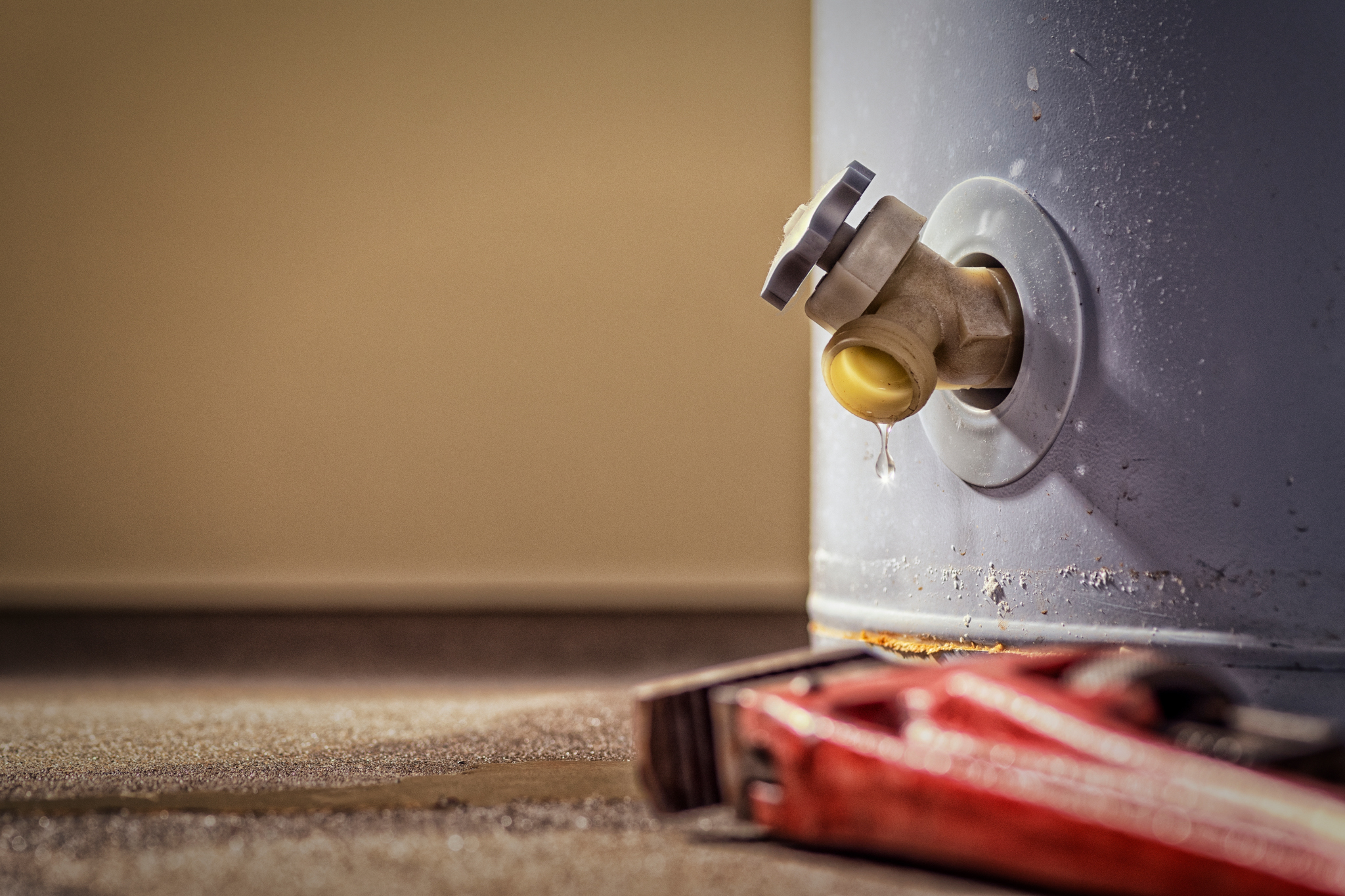Water Heater Maintenance: How to Keep It Running and When to Replace It
Oct 8, 2024

Your hot water heater is one of those home essentials you probably don’t think about much—until it stops working. Regular maintenance can keep it running smoothly and extend its lifespan, but even with the best care, every water heater has its limits. Here’s how to maintain your hot water heater and know when it’s time to repair or replace it.
Why Regular Maintenance is Key:
- Boosts Efficiency: Sediment builds up in your tank over time, forcing your heater to work harder. Regular maintenance helps your heater run more efficiently, which translates to lower energy bills.
- Extends Its Lifespan: A well-maintained water heater can last years longer than a neglected one, saving you the cost of premature replacement.
- Ensures Safety: Pressure buildup in a poorly maintained heater can lead to leaks—or worse. Routine checks ensure everything’s working safely.
- Improves Water Quality: Sediment in your water heater can result in rusty or dirty water. Flushing the tank annually keeps your water clean.
- Prevents Expensive Repairs: Small issues like a faulty valve or corroded rod are easier to fix when caught early. Ignored, they can turn into bigger, costlier problems.
How to Maintain Your Hot Water Heater:
- Test the Pressure Relief Valve: Lift the lever on the valve to make sure water flows out and stops when you release it. This ensures the pressure is kept in check.
- Flush the Tank: Drain a few gallons of water to clear out sediment. This improves efficiency and prevents wear on the tank.
- Inspect the Anode Rod: The anode rod attracts corrosive elements, protecting your tank from rust. If it’s corroded, it’s time to replace it.
- Check the Temperature: Set your thermostat to about 120°F for energy savings and to prevent burns.
- Look for Leaks: Inspect the tank and connections regularly for any signs of leaking or corrosion.
- Add Insulation: Insulating the tank and pipes helps improve efficiency and keeps your water hotter for longer.
Hot Water Heater Repair or Replace? How to Know When It’s Time.
Even with great maintenance, every water heater will eventually need to be repaired or replaced. Here’s how to know which option is best:
- Age: Traditional water heaters typically last 8–12 years. If yours is nearing the end of that range and requires frequent repairs, replacement may be more cost-effective.
- Water Color: Consistently rusty water could indicate that your tank is corroding from the inside—a sign it’s time for a new unit.
- Strange Noises: Banging or popping sounds from the tank are often due to sediment buildup. While flushing the tank may help, persistent noise could point to more serious issues.
- Leaks: Small leaks can sometimes be repaired, but large or consistent leaks, especially from the tank itself, usually mean replacement is necessary.
- Reduced Efficiency: If your water heater is struggling to provide enough hot water or your energy bills are spiking despite maintenance, it’s likely time for a more efficient model.
Need Help? We’ve Got You Covered!
Maintaining your hot water heater is essential to avoid costly repairs or early replacements. Whether you’re looking to handle routine maintenance or are unsure if it’s time to replace your unit, our expert team is here to help. We’ll take care of everything, so you can enjoy reliable hot water all year long!
